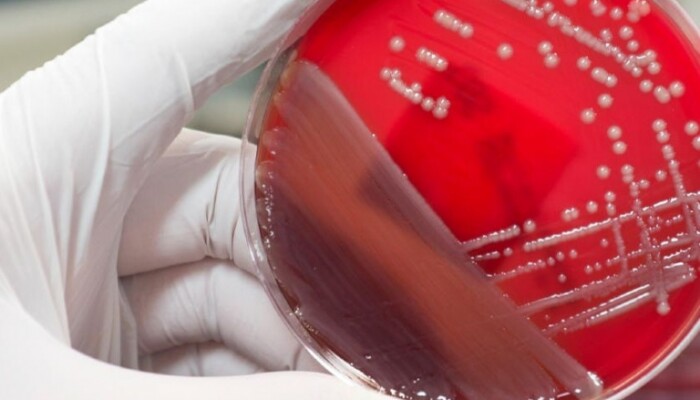Microbiological laboratory tests
Why is laboratory testing important?
Laboratory tests can help identify or, where appropriate, rule out the underlying diseases.
However, it is important to highlight that the result of a laboratory test does not in itself constitute a diagnosis, only the results are included in the finding. You will receive the diagnosis, therapy or treatment recommendation from your specialist or treating physician who ordered the laboratory tests.
Contact your doctor with all laboratory test results.
Microbiological tests

Medical microbiology examines the pathogens of infectious diseases and organisms found in the normal flora of the human body, as well as the details, manner and course of host-infection interactions, as well as the possibilities of protection and prevention against them.
Microbiological tests can be performed on samples from different parts of the body. The sample can come from the skin, upper respiratory tract, vagina, colon, which also have their own normal flora, as well as blood, spinal fluid, or punctures, which are normally sterile media.
However, the result of the microbiological test does not mean a diagnosis in itself, it is always established by the specialist ordering the test, knowing the results of other tests.
Available laboratory tests
- Group B Streptococcus screening
- Skin surface discharge culture
- Skin culture
- Clostridium difficile toxin detection from stool
- Nipple discharge culture
- Ear drainage culture
- Glans culture
- Helicobacter pylori (H. pylori) detection from stool
- Urethral discharge culture
- Vaginal discharge culture (bacterium and fungus)
- Sputum culture
- Onychomycosis fungal culture
- Semen culture
- Nasopharyngeal culture
- Wound, pus, aspiration sample culture (aerobic)
- Wound discharge aerobic and unaerobic culture
- Intestinal worm egg detection from stool
- Stool culture
- Eye swab culture
- Throat swab culture
- Urine culture
